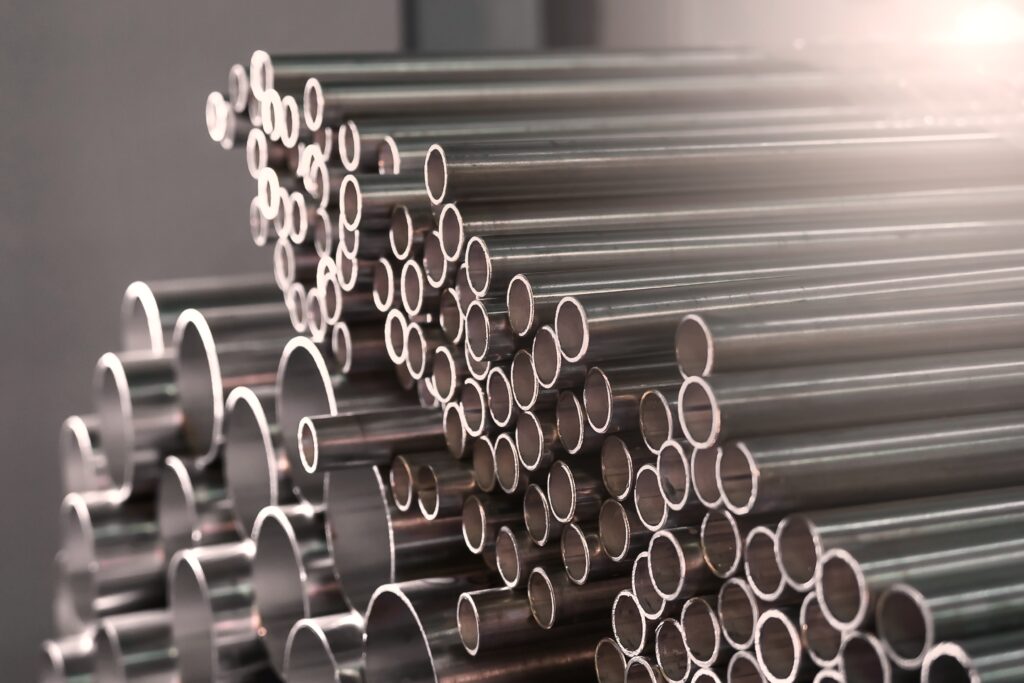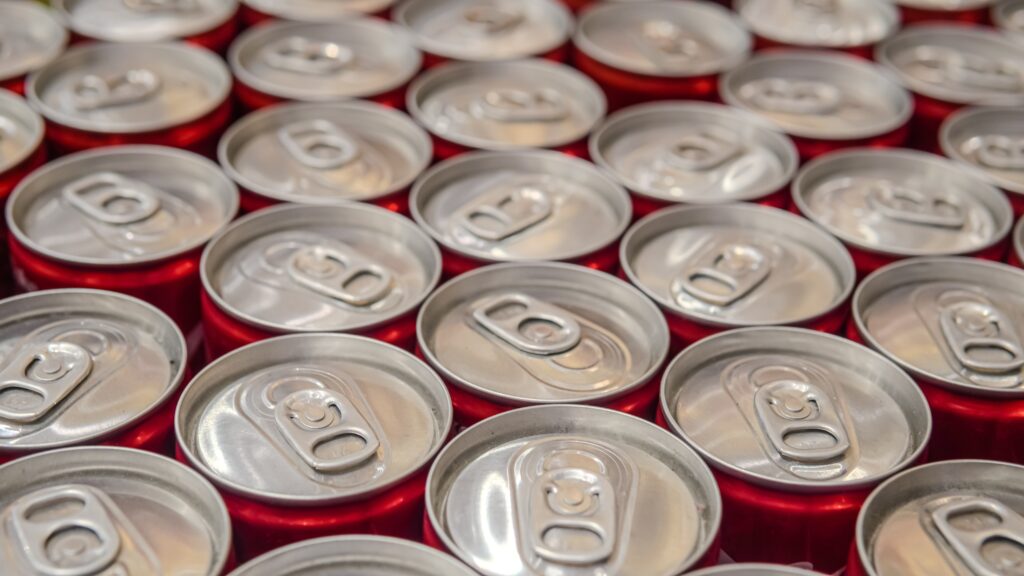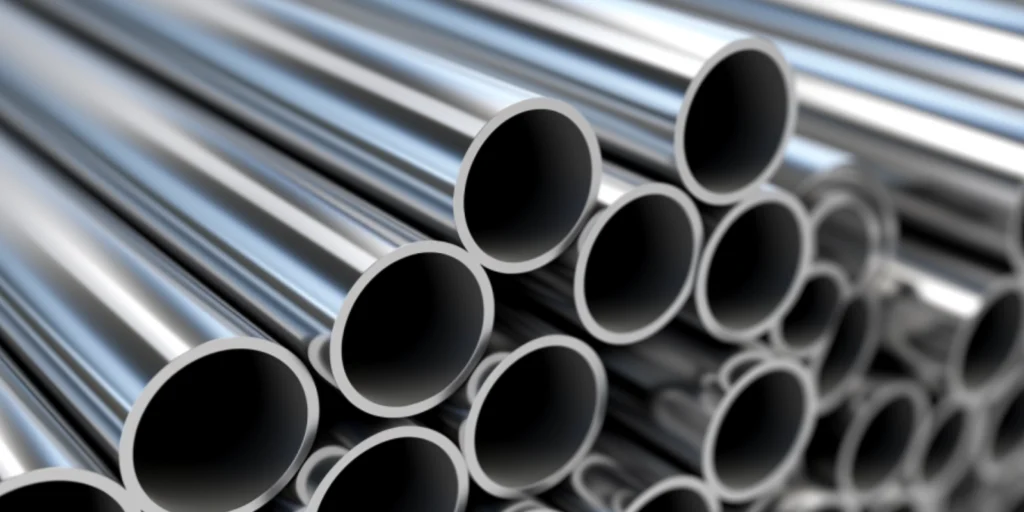European steelmakers have called on the European Commission to limit scrap exports.
In the statement posted on its website, EuRIC cautioned: “Scrap exports have been keeping recycling businesses alive, serving as a counterbalance to the extremely low EU demand for recycled materials.”
The confederation added that closing the EU’s borders would have “detrimental consequences” on the economy, environment and competitiveness of the EU.
A prolonged decline in the production of steel and aluminium in Europe is causing concern amongst its recyclers as the continent aims to keep up with the “green and digital transitions”.
The statement went on: “Any calls by the European steel and aluminium industry to restrict scrap exports are completely unjustifiable and unacceptable, especially when the supply of recycled scrap has never been the reason behind any decreased activity of EU mills.”
EuRIC called for trade challenges to be addressed through methods other than “protectionism”.
It concluded: “We urge EU policymakers to preserve open trade and carefully consider the EU recycling industry’s contributions to the EU economy and sustainability, and to only endorse measures that encourage them to keep innovating and generating resources, instead of hampering them and threatening their very existence.
Promoting the use of recycled metals
In November 2024, Julia Ettinger, EuRIC’s secretary general, called recycled steel the “most economically viable and scalable solution” for Europe’s steel sector and said that it has the potential to drive “a competitive, low-carbon economy”.
The confederation EuRIC called for more measures to promote the use of recycled steel across Europe.
In the UK, members of the Bureau of International Recycling (BIR) reported that the recycled steel sector will undergo some “radical changes” in the coming years, which could see domestic demand for material rise.
In September 2023, Tata Steel and the UK government announced a joint investment in Electric Arc Furnaces (EAF) steelmaking with a capital cost of £1.25 billion – which included a grant from the UK government of up to £500 million.
In October of the same year, Tata Steel announced that it had signed the contract for an EAF for its Port Talbot site in Wales.
In November 2024, environmental action NGO WRAP released a review of policy options for increasing metal recycling in the UK which also called for more investment into EAFs.









Subscribe for free